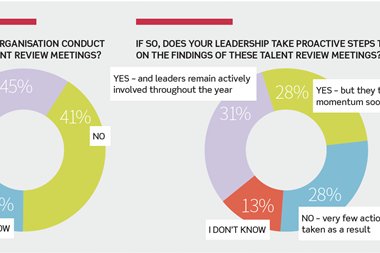A hardening market and doubts about insuring non-traditional risks
Regardless of whether you think AIG should have been allowed to go belly up or not, the collapse and subsequent $85bn federal bailout will have a significant impact on commercial insurance buyers.
The withdrawal of billions of dollars of AIG capital from the market combined with a shocking slump in global share prices is likely to put the brakes on the slide in commercial insurance premiums.
The impact on already soft Directors & Officers (D&O) rates is probably going to be the most talked about when combined with an anticipated rise in shareholder litigation—another spin-off from the subprime meltdown.
Hardening rates are bad news for buyers, particularly in a recession, but it could come as a welcome reprieve for insurers. Some of whom have expressed worry that rates have been too low for some time.
It may be too early to make a definitive assessment of the impact on rates.
“Its competitors could also reap rewards as the wounded insurer is forced to sell off insurance assets.
While buyers stand to lose from decreased competition and the removal of capacity from the marketplace the other multinational insurers are in line to gain as buyers and brokers turn their backs on AIG.
If AIG’s rating slips below the A band most big customers will stop placing business with it, although if brokers still receive hefty commissions they may not be so quick to stop marketing the insurer.
Its competitors could also reap rewards as the wounded insurer is forced to sell off insurance assets. A regulatory working group has already been set up to help AIG sell these.
Perhaps worst of all for buyers is that the collapse could be seen by others as indicating a weakness in the business of insuring non physical assets.
AIG was once famous for its appetite for non-traditional risks. If it’s found that this type of innovation contributed to AIG’s downfall, in the future the other insurers may not be as comfortable covering these new risks—which are exactly what many 21st Century companies are looking for.


















No comments yet